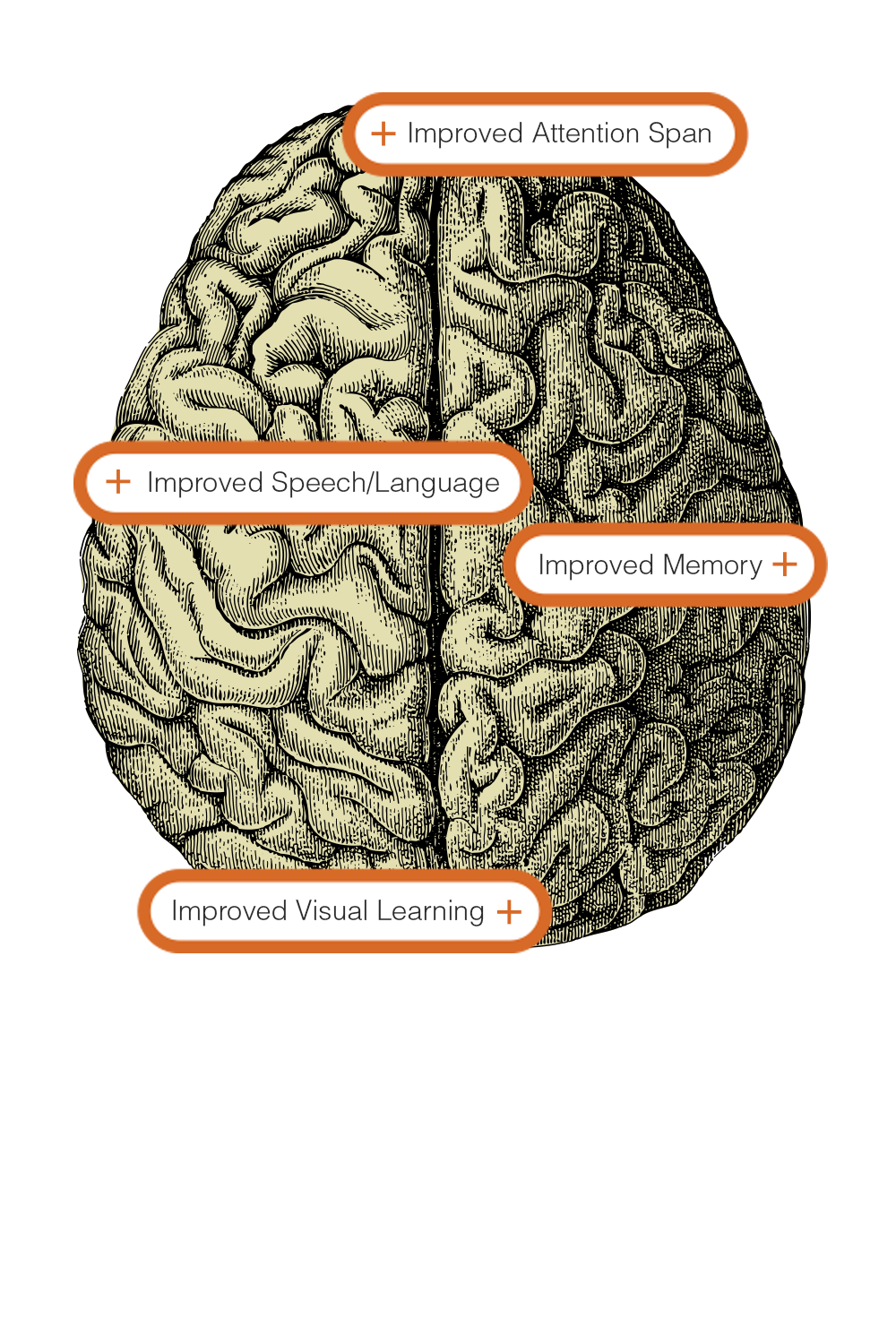There are several types of slumber disorders, including insomnia, sleep apnea, and unsettled leg syndrome. Insomnia is defined by trouble going or remaining asleep, while sleep apnea entails pauses in respiration during sleep. Unsettled leg syndrome causes discomforting sensations in the limbs, leading to an irresistible desire to shift them. Each of these disorders can disrupt the normal sleep cycle, which comprises of various stages, including shallow sleep, profound sleep, and REM (rapid eye movement) sleep. Each stage plays a crucial role in preserving overall brain health and function.
When slumber disorders disturb with these stages, neural wave activity can become irregular. For instance, during profound sleep, the brain produces gentle delta waves, which are important for bodily restoration and recall consolidation. If a person undergoes repeated awakenings or does not reach deep sleep, the generation of these delta waves is reduced. This can lead to challenges in learning new information and retaining memories. Additionally, REM sleep, blog here which is associated with fantasizing and emotional processing, is also impacted. Interruptions in REM sleep can lead to issues with emotional regulation and inventiveness.
The impact of slumber disorders on cognitive function is significant. Research has demonstrated that people with sleep disorders often experience challenges with focus and focus. This can influence their performance at educational institutions or work, making it difficult to complete tasks or engage in discussions. Furthermore, long-term sleep deprivation can lead to emotional changes, increased stress, and even anxiety or melancholy. These mental and affective challenges can create a vicious cycle, where poor sleep results to mental difficulties, which in turn can lead to more slumber problems.
Tackling sleep disorders is essential for improving neural wave activity and cognitive function. Treatment options may encompass habitual changes, such as establishing a consistent slumber schedule, creating a cozy slumber environment, and practicing relaxation techniques. In some cases, medical intervention may be necessary, such as using a CPAP machine for slumber apnea or medication for sleeplessness. By valuing sleep and pursuing appropriate care, people can enhance their overall cognitive abilities and boost their quality of life. Understanding the connection between sleep disorders, brainwave activity, and mental function is an important step toward better health and wellness.
